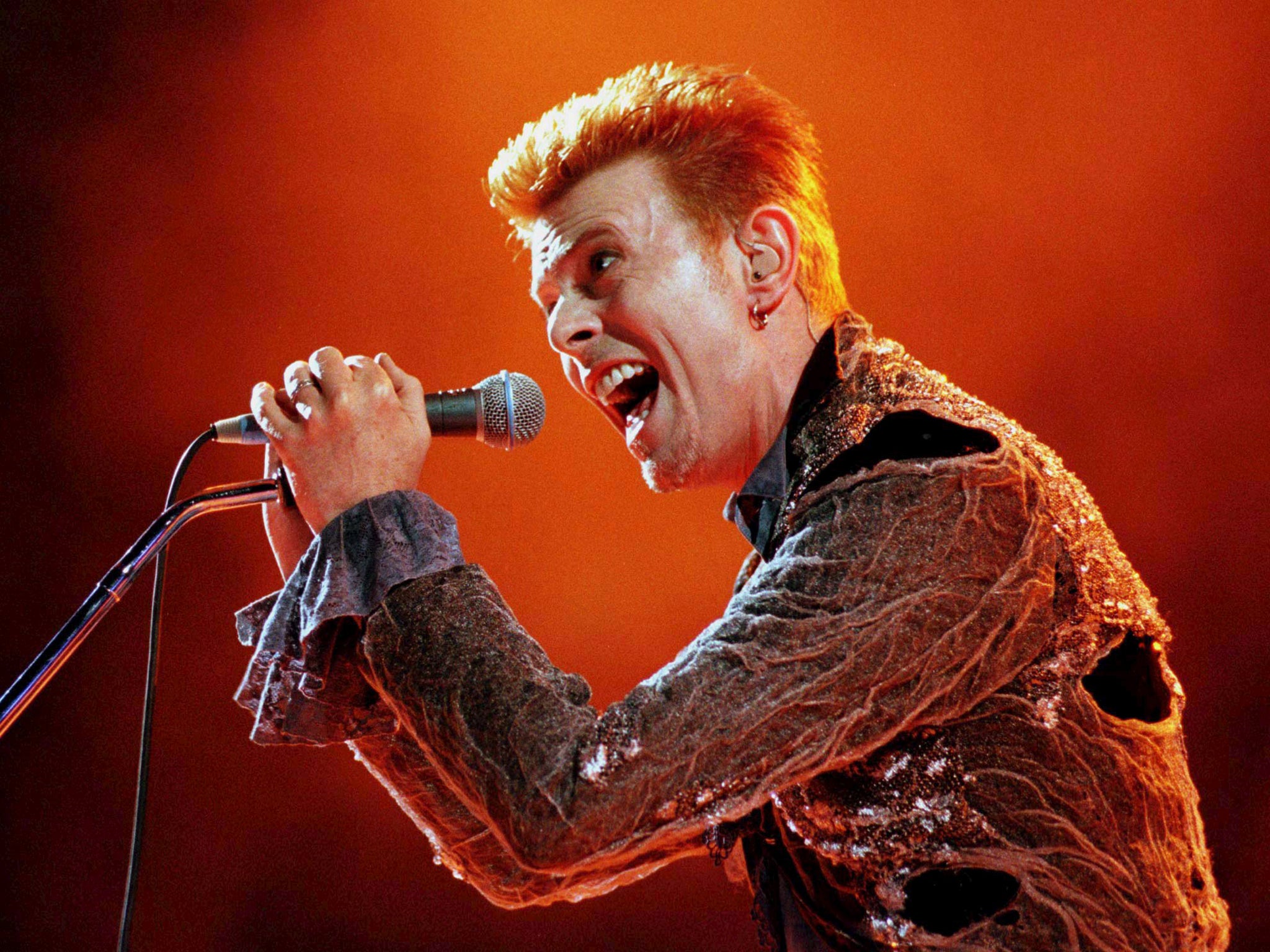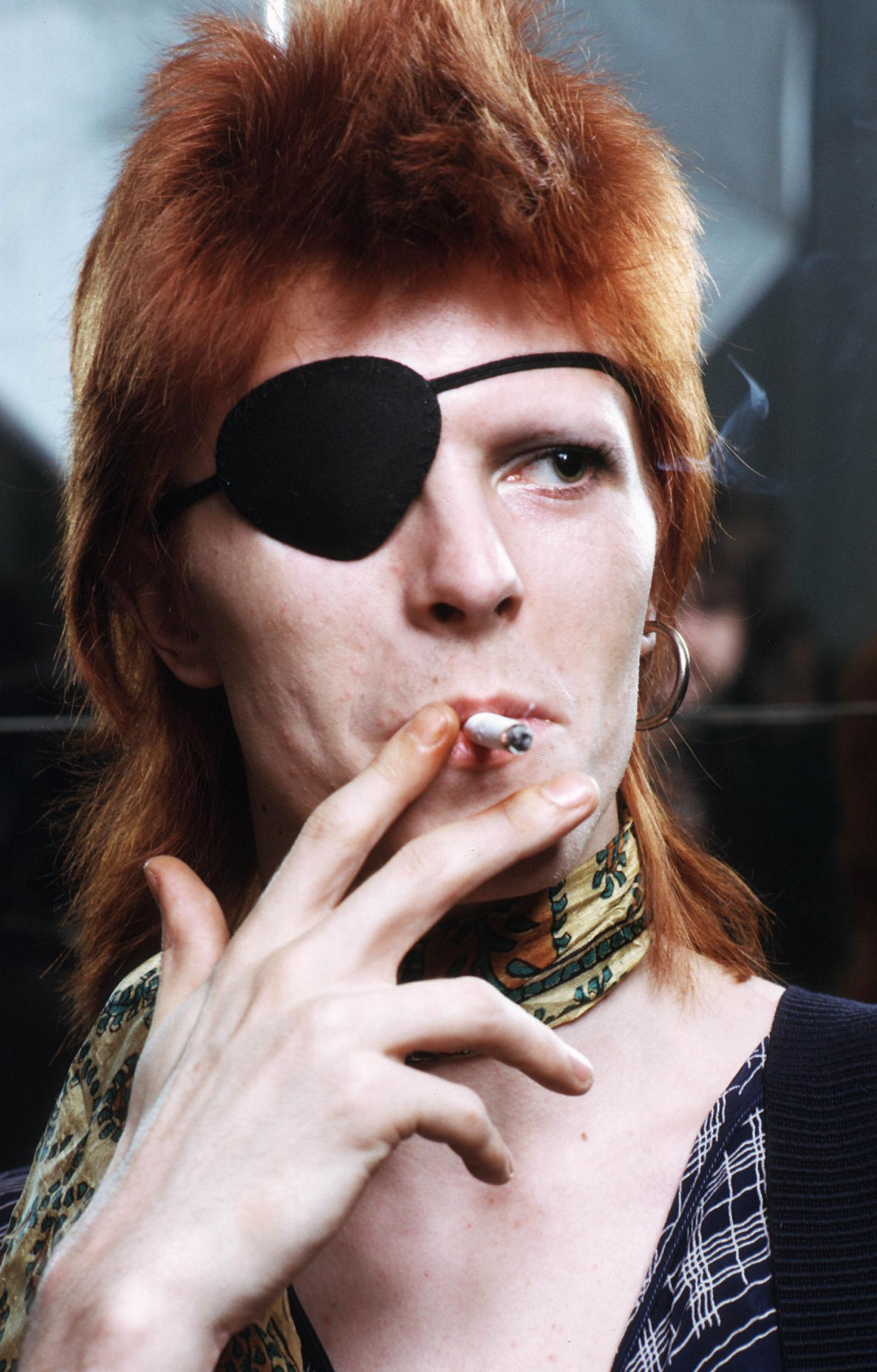David Bowie: How the glam rock artist became an LGBT icon
The pioneering star revolutionised attitudes to sexuality in his six-decade career

David Bowie has died aged 69 after fighting cancer for 18 months.
As well as being remembered for his musical talents, the legendary singer will also be remembered for redefining sexuality for an entire generation.
When David Bowie stepped onto the stage as Ziggy Stardust in 1969, one of the world’s greatest gay icons was born and the rulebooks were forever rewritten.
Official Coming Out
Two years after marrying his first wife Angie in 1970, Bowie told the world he was gay while on the cusp of fame. In a 1972 interview with the now defunct Melody Maker, Bowie declared, “I'm gay, and I always have been”. It’s worth noting that this was the same year which Melody Maker called “the year of the transvestite” and 700 people walked from Trafalgar Square to Hyde Park in the first Gay Pride march. Homosexuality had been legalised a few years prior and things were fast changing. Four years later, Bowie pushed the boundaries even further and told Playboy magazine that he was bisexual. “It’s true—I am a bisexual,” he announced. “But I can’t deny that I’ve used that fact very well. I suppose it’s the best thing that ever happened to me.”

The four minutes that forever shook the world
A bisexual androgynous alien rockstar, Ziggy Stardust’s flaming red locks and risque skin-tight Lycra bodysuit wooed the world. Watched by 14 million people, the historic Top of the Pops performance saw him put his arm round his guitarist Mick Ronson and stare intensely into his eyes. As odd as it might seem now, a man putting his arm around another man on television served as a watershed moment for young people grappling with their sexuality.

Ziggy Stardust’s reception
Dylan Jones, editor of GQ and author of When Ziggy Played Guitar, was one of many, who were liberated by the dawn of Ziggy Stardust. In his own words, “He was a dangerous figure on British TV at a point when television didn’t do danger. 41 years ago, it was an extraordinary experience. It didn’t immediately fill me with gay longings – though with some people it did. But nothing was quite the same afterwards”.
Depeche Mode were equally inspired. Dave Gahan claimed that, “Bowie gave me a hope that there was something else … I just thought he wasn’t of this earth.” Likewise, radio presenter, Mark Radcliffe, then a 14-year-old student at Bolton School, exclaimed that Stardust and Ronson had “arrived from another planet where men flirted with each other, made exhilarating music and wore Lurex knee socks”.
The emergence of a ‘closet heterosexual’
Always hard to predict, Bowie changed tack, telling Rolling Stone he was “always a closet heterosexual” and coming out was the “biggest mistake I ever made”. In an attempt to move away from the alter ego of Ziggy Stardust, he said, “That was just a lie. They gave me that image”. Regardless of Bowie’s own sexuality, it is clear that the superstar became a revolutionary icon for the gay community. Pushing the boundaries of what was and wasn’t acceptable, Bowie’s sexual ambiguity helped others gain the impetus to express themselves.
Join our commenting forum
Join thought-provoking conversations, follow other Independent readers and see their replies
Comments
Bookmark popover
Removed from bookmarks